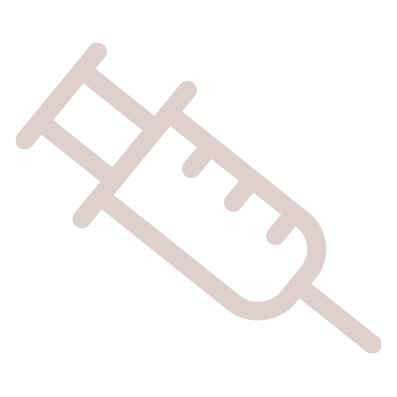
INFLUENZA: REDUCE YOUR RISK
Written By LuLu Mecham
Preparing for flu season involves a multifaceted approach to safeguard yourself and those around you from falling ill. Here are some essential steps to ensure you’re ready when the flu virus strikes.
Firstly, one of the most effective ways to prepare for flu season is by getting a flu vaccine. The Centers for Disease Control and Prevention (CDC) recommend that everyone six months and older receive the flu shot each year. The vaccine is updated annually to address the most current strains of the virus, which helps provide better protection.
In addition to vaccination, practicing good hygiene is crucial in preventing the spread of the flu. Regular handwashing with soap and water for at least 20 seconds can significantly reduce the likelihood of spreading germs. When soap and water aren’t available, using hand sanitizer with at least 60% alcohol is a good alternative.
Another important preparation step involves maintaining a healthy lifestyle to strengthen your immune system. A balanced diet rich in fruits, vegetables, and whole grains, along with regular exercise, can help bolster your body’s defenses against illnesses. Adequate sleep is also crucial; aim for 7-9 hours per night to ensure your immune system remains robust and capable of fighting off infections. Staying hydrated by drinking plenty of fluids supports overall health and aids in keeping mucous membranes, which can act as barriers to infection, well-hydrated.
Lastly, it’s important to be mindful of symptoms and know what to do if you or someone in your household becomes ill. Common flu symptoms include fever, cough, sore throat, body aches, and fatigue. If you or a family member shows these symptoms, it’s advisable to consult a healthcare professional. Staying home when sick is essential to prevent spreading the flu to others, and over-the-counter medications can help alleviate your symptoms.

PREPARING FOR FLU SEASON INVOLVES A COMBINATION OF PROACTIVE MEASURES, INCLUDING GETTING VACCINATED, PRACTICING GOOD HYGIENE, MAINTAINING A HEALTHY LIFESTYLE, AND BEING PREPARED TO MANAGE SYMPTOMS IF THEY ARISE.
Preparing for flu season involves a combination of proactive measures, including getting vaccinated, practicing good hygiene, maintaining a healthy lifestyle, and being prepared to manage symptoms if they arise. By taking these steps, you can help protect yourself and your community from the impact of the flu, ensuring a healthier and more comfortable season for everyone.
